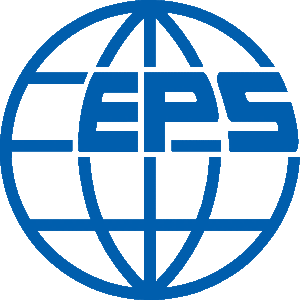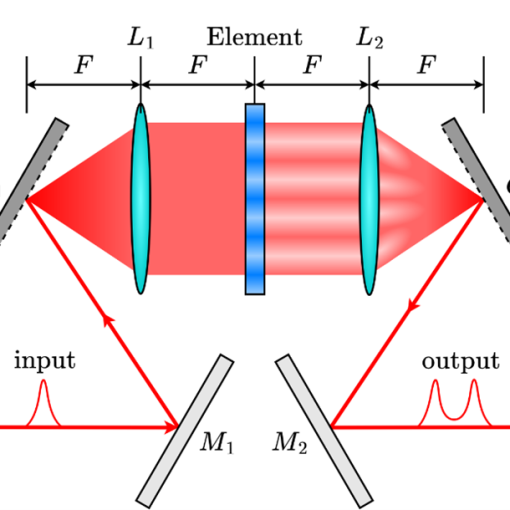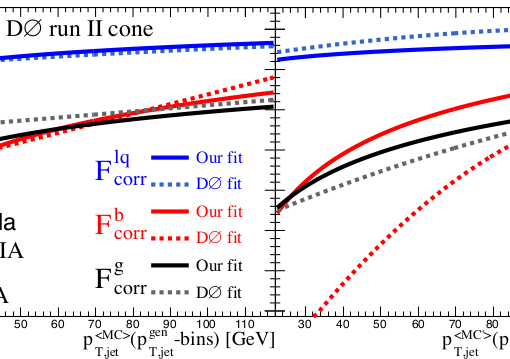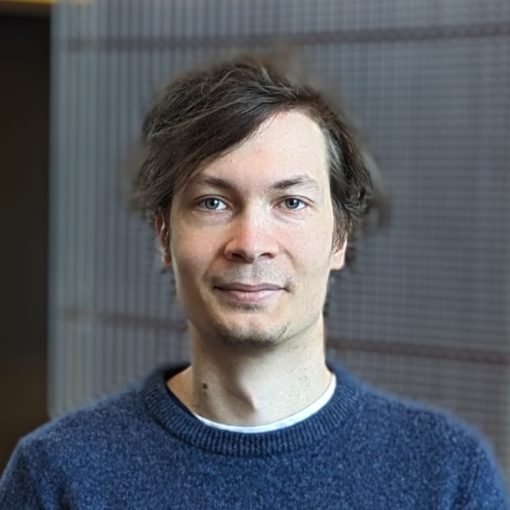Emilia Kilpua
I participated in the European Physical Society (EPS) council meeting that was held online Friday May 28, 2020. Originally the meeting was supposed to be in Brussels in April, but was transferred as an online meeting due to COVID-19.
The meeting was opened by the welcoming words of the current EPS president Petra Rudolf. She also gave an overview of the EPS activity report. As the key highlight of the past year she lifted the publication of the report on “The Importance of Physics to the Economies of Europe”. This study covers a six year period (2011-2016) and shows that the importance of physics is significant and increasing. For example, in 2016 physics-based disciplines accounted for 16% of total turnover of European Union business economy and employed 17.8 million people, over a million more than in 2011. She also emphasised that this is excellent material we can use when we talk to policy makers and the general public about the importance of physics.
Other key activities of EPS have been providing input for the commission’s next Framework Programme (FP9 or Horizon Europe) and lobbying for more research funding. EPS had also an important role in the successful petition to change the job title of commissioner Mariya Gabriel to“Education, Research, Innovation and Youth” to highlight the importance of education and research for the European Community. There have also been plenty of activities fostering diversity and inclusiveness and monitoring gender fairness in physics. Petra also mentioned that EPS has established a code of conduct that is now featured in all conferences supported by EPS. In addition, nine new EPS historic sites were inaugurated in 2019, now in total 53 in 21 countries. Petra expressed her wishes that every country should have their historic site. So we could send a suggestion from Finland, nominations are open throughout the year using the form found from the website. Ideas are welcome!
In the council meeting there was plenty of discussion about the effects of coronavirus for physics research/education/jobs in Europe. Several difficulties were reported in the conducted survey, including online teaching being not easy, PhD students not finishing in time, temporary contracts not prolonged, mobility and collaborations compromised and job market affected. Some signs were also seen that crisis effects have gender differences, e.g., in the number of submitted papers and there is particular concern for students involved in experimental work. Several positive things were however also noted: online teaching has given new possibilities for sharing tools and material, forcing to think what a PhD degree is all about, less travelling, new ways evaluating research and government stimulating entrepreneurship. In discussion it was also noted that the crisis has emphasised the importance of “blue sky research” and boosted the credibility of science. A very nice point came also from a science communicator participating in the meeting that in outreach we should also focus training the public towards being more science literate and in addition telling them the results, also how they are made. This reminded me of the Astonomycast’s motto “we help you understand not only what we know, but how we know what we know”.
Quite a large part of the meeting was dedicated to the selection of the next EPS president and council meeting. Both presidential candidates gave about half an hour of presentation on their aims and vision on how to develop EPS.
.





